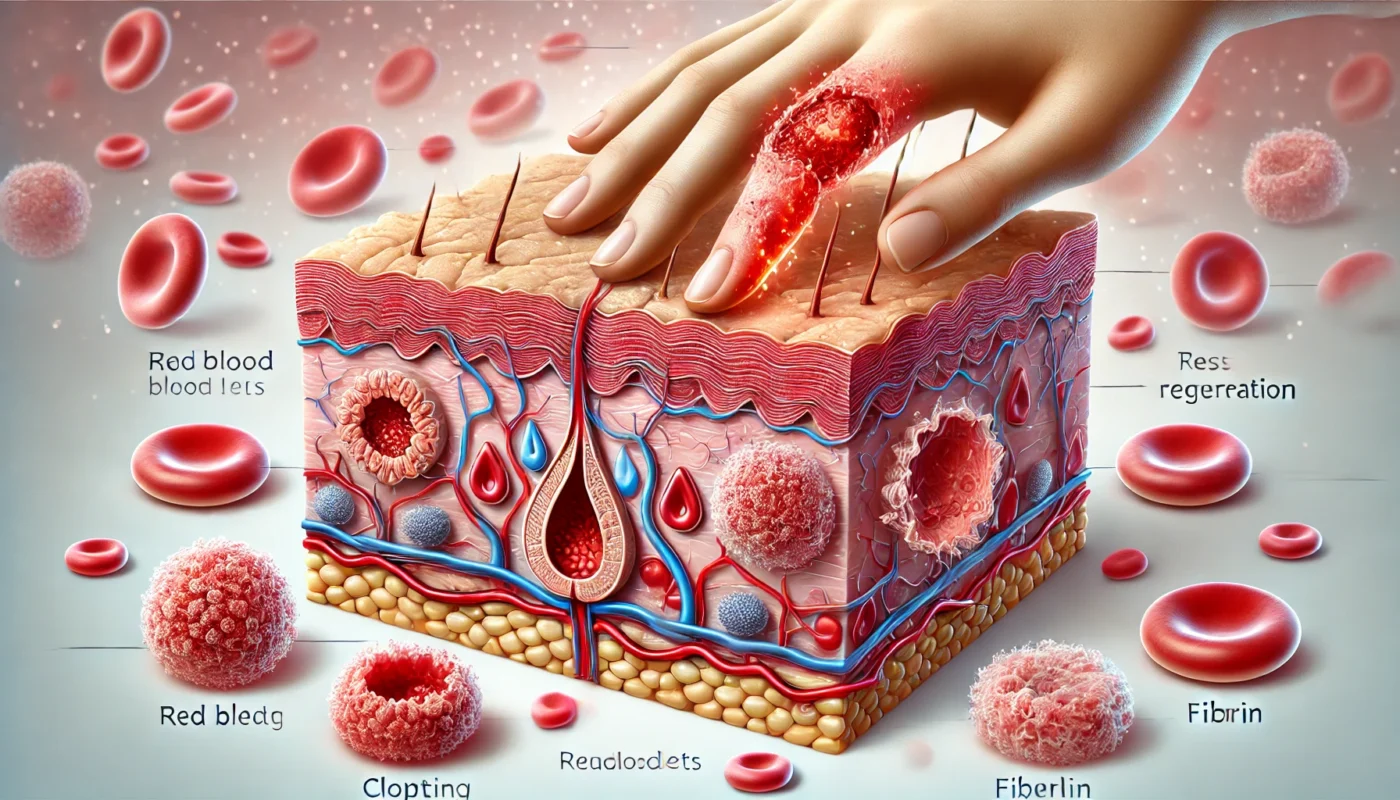When faced with persistent neck pain, it’s crucial to understand the different types of medical professionals who specialize in diagnosing and treating this condition. This knowledge will empower you to make informed decisions about your healthcare.
Tag Archives: Mindfulness
In this article, we will delve into the diverse techniques used by pain management specialists, focusing on how these methods can be integrated into a holistic health and wellness plan. Whether you’re a fitness enthusiast, health devotee, or medical patient seeking solutions, understanding these techniques could be transformative.
Immune disorders can manifest through both underactive and overactive immune systems. When the immune system is underactive, the body becomes susceptible to infections and diseases. Conversely, an overactive immune system can lead to conditions such as allergies, autoimmune diseases, and chronic inflammation, wherein the body’s defenses mistakenly attack its tissues.
Autoimmune fatigue is a unique and profound exhaustion that goes beyond regular tiredness. Those who experience it describe a pervasive sense of weariness that is not alleviated by rest or sleep. This fatigue can be both physical and mental, leading to difficulties in concentration, memory lapses, and a general sense of being “out of it”. The severity of autoimmune fatigue can vary from day to day, but it often feels like carrying a heavy weight that makes even simple tasks seem insurmountable.
The human body is a complex ecosystem, capable of self-healing when nourished with the right nutrients. Foods that help fight infection are rich in vitamins, minerals, and antioxidants, which work collectively to enhance immune function and protect against pathogens. These foods not only bolster the body’s defenses but also support overall health by providing essential nutrients.
Swelling is the result of fluid accumulation in the body’s tissues. This can occur due to various reasons, including injury or trauma, infections, chronic conditions, and dietary habits.
Body aches and chills are common symptoms associated with viral infections such as the flu and the common cold. They can also result from physical exertion, stress, or underlying health conditions. Understanding the underlying causes can guide us in choosing the most effective remedies.
Historically, various cultures have entertained unique practices that might seem odd by today’s standards. The act of eating scabs, though not widely documented, may find its roots in ancient ritualistic or survival behaviors. Some anthropologists suggest that such practices could have been linked to beliefs about gaining strength or healing powers from one’s own body. In ancient times, the emphasis on natural and self-reliant healing might have led communities to explore unconventional methods, including the reuse of one’s biological materials.
Moreover, in some ancient societies, the body was viewed as a sacred entity, with each component possessing unique properties. This perspective might have contributed to the acceptance of practices like scab eating, as it was seen as a way to harness the body’s innate healing capabilities. Additionally, survival instincts in harsh environments may have encouraged individuals to utilize every available resource, including their own body, to maintain health and vitality.
Before delving into techniques, it’s important to understand the science of focus. Concentration is the mental effort you direct toward whatever you’re working on or learning at the moment. It’s akin to a spotlight that illuminates specific aspects of your environment while keeping other parts dimmed.
The environment in which you study can significantly affect your ability to concentrate. Research has shown that cluttered spaces can lead to decreased productivity and increased stress levels. Conversely, a well-organized, serene study space can facilitate improved cognitive function and information retention.










